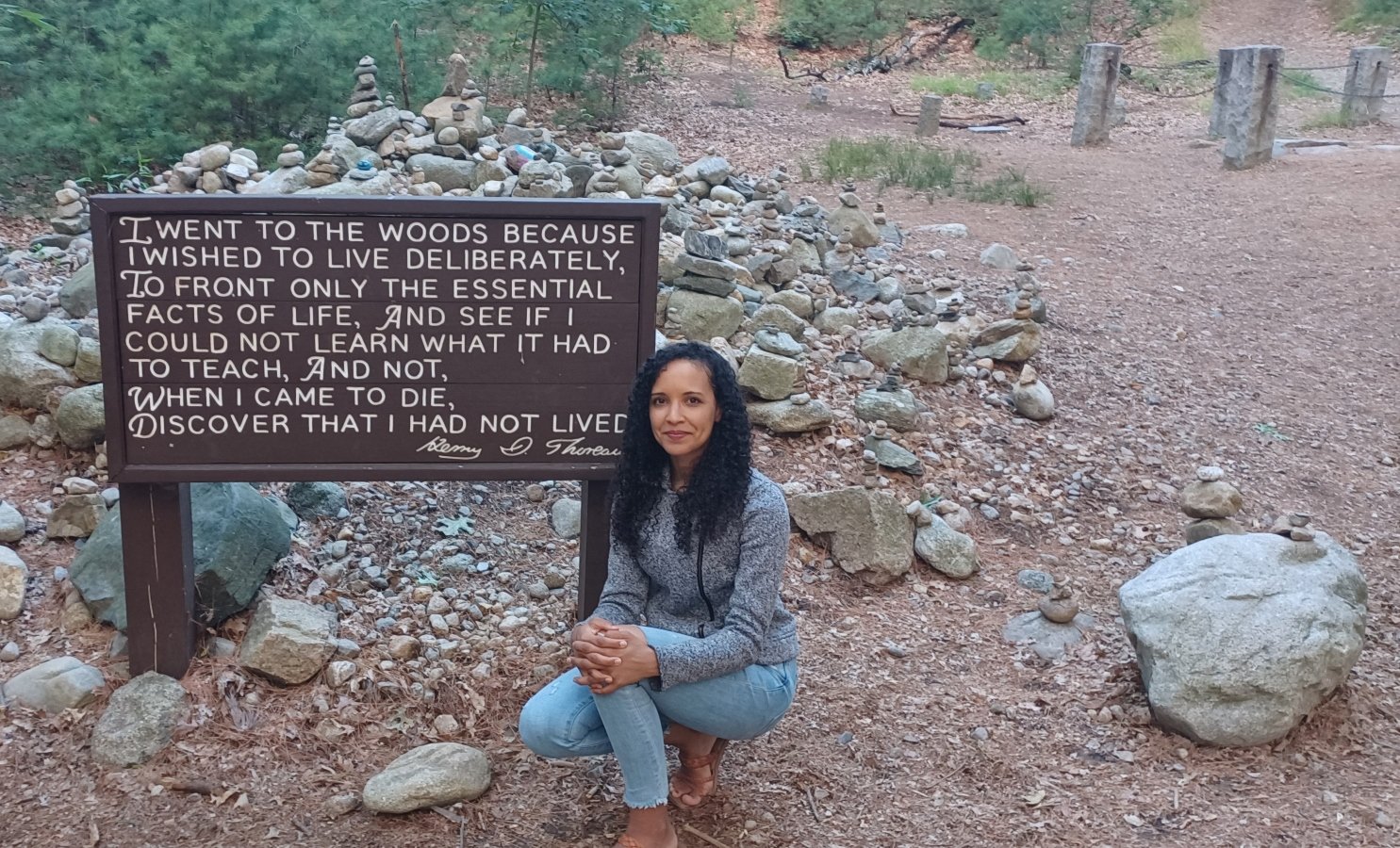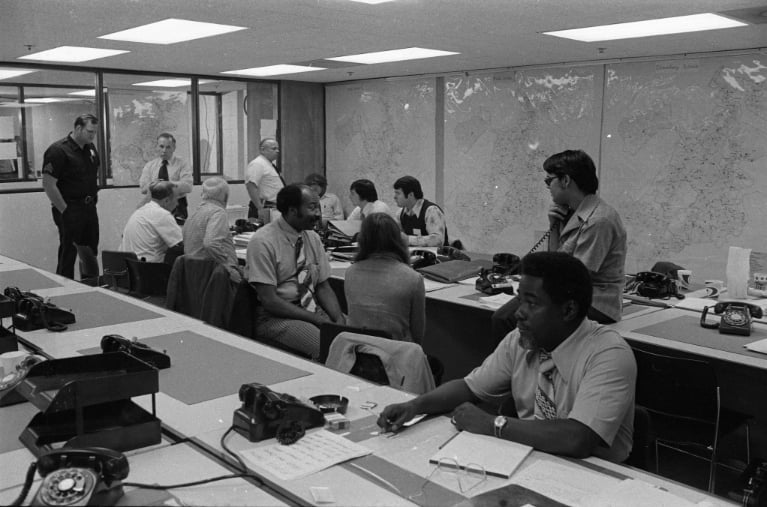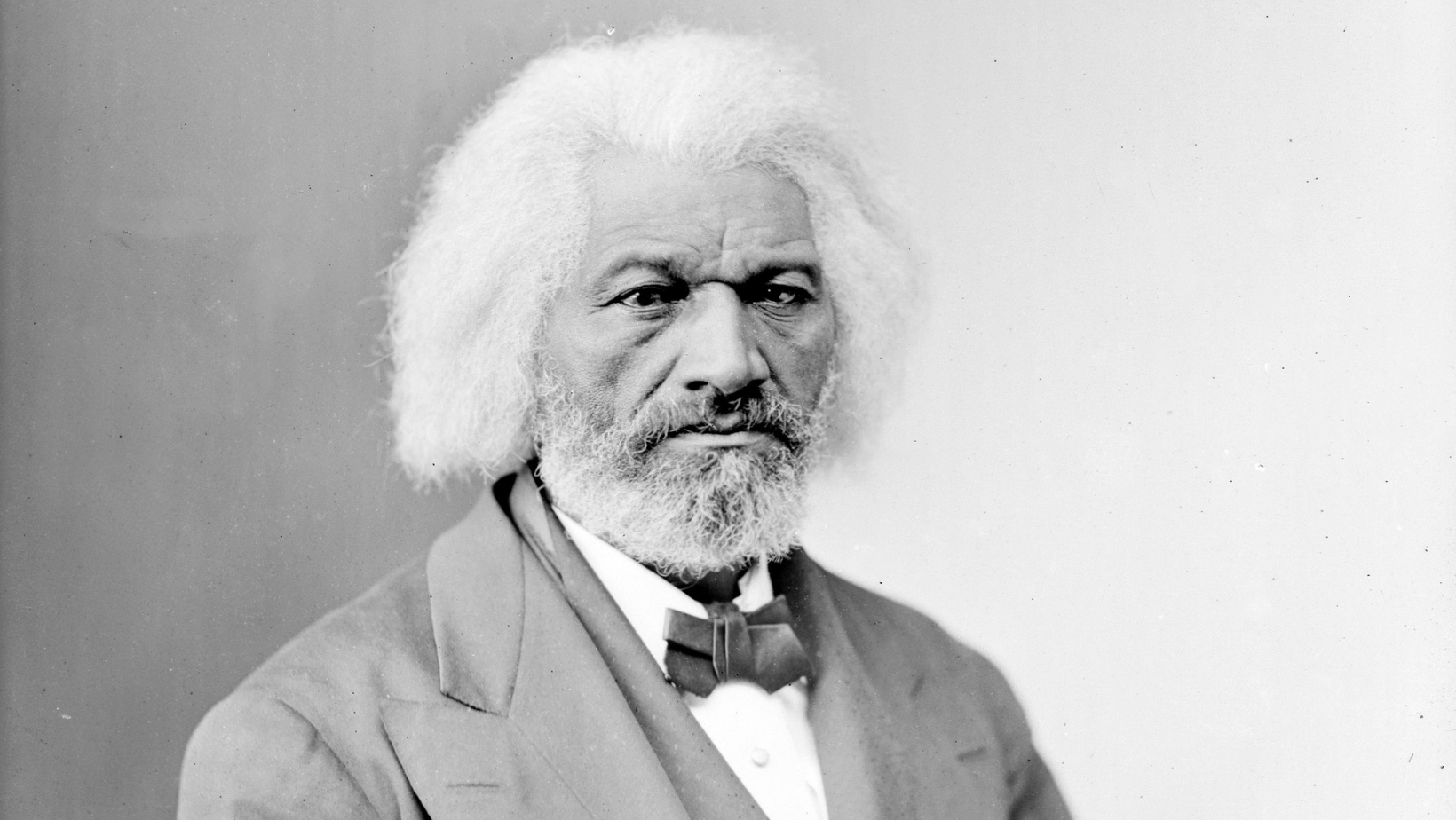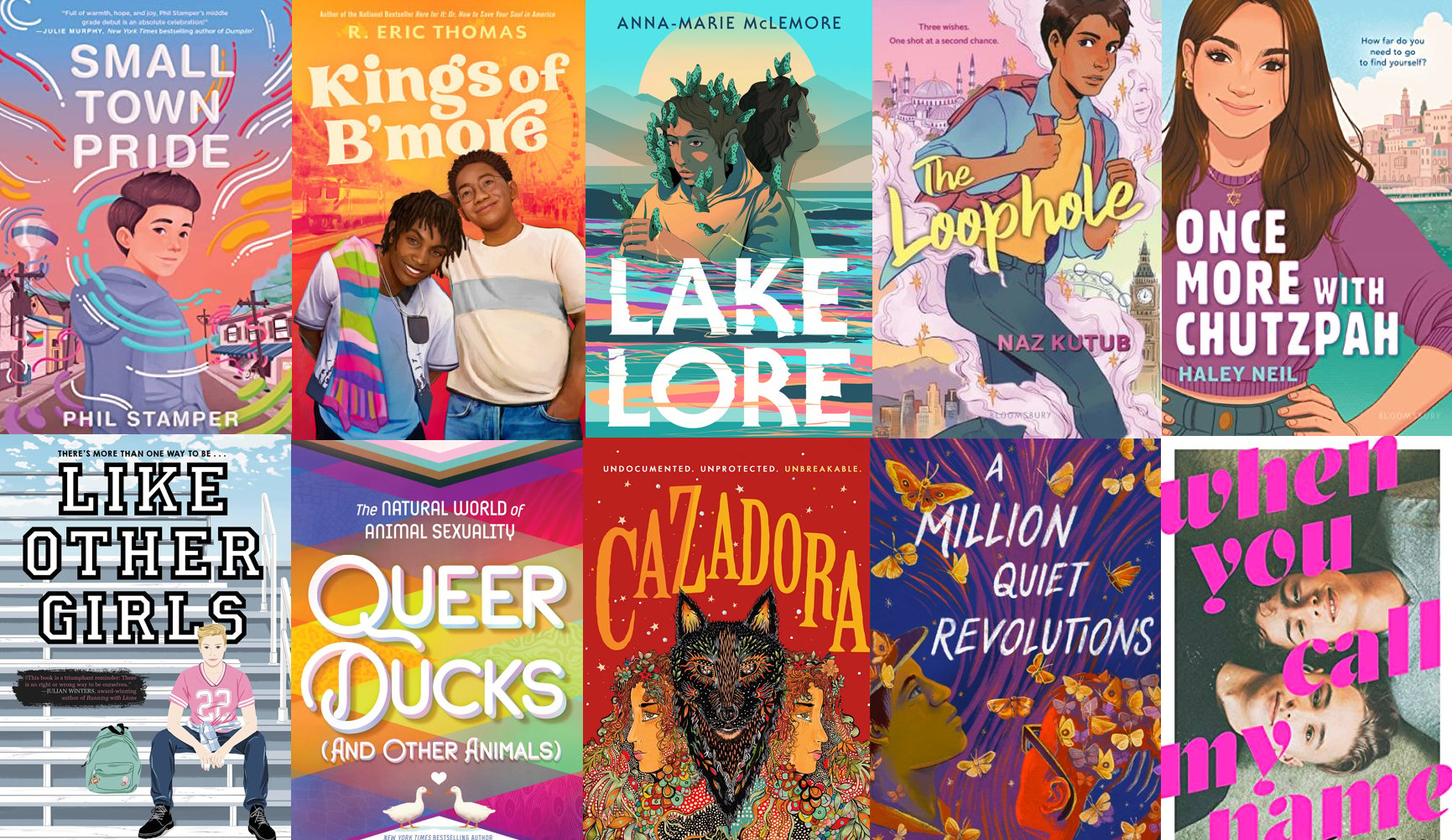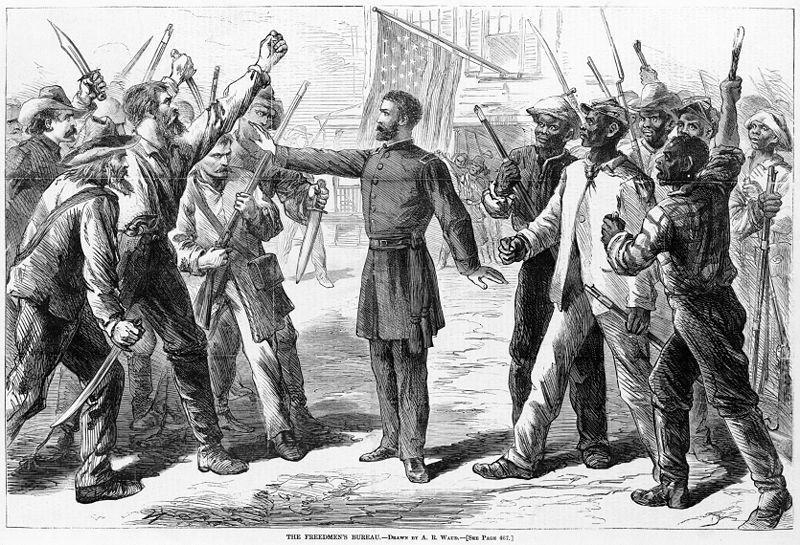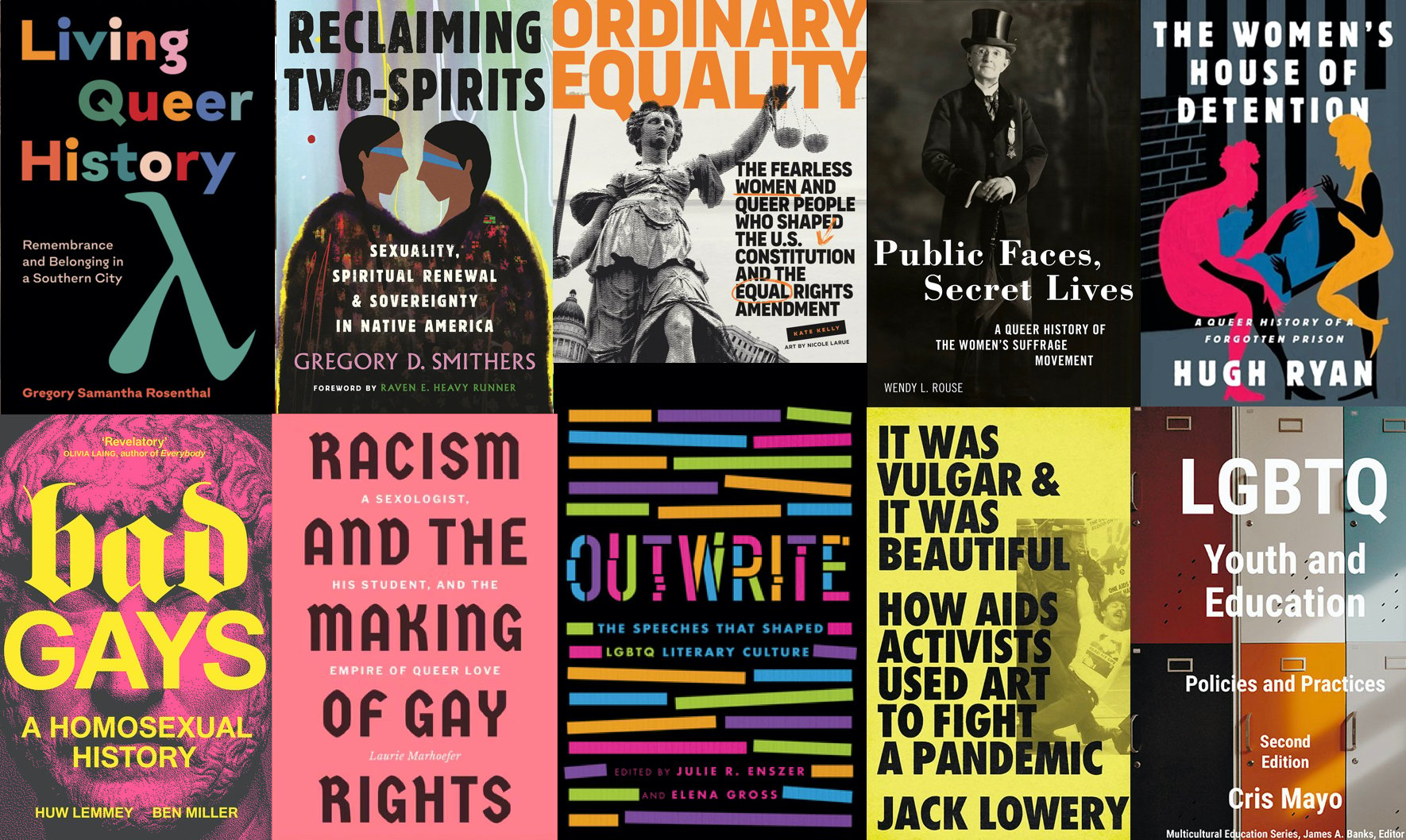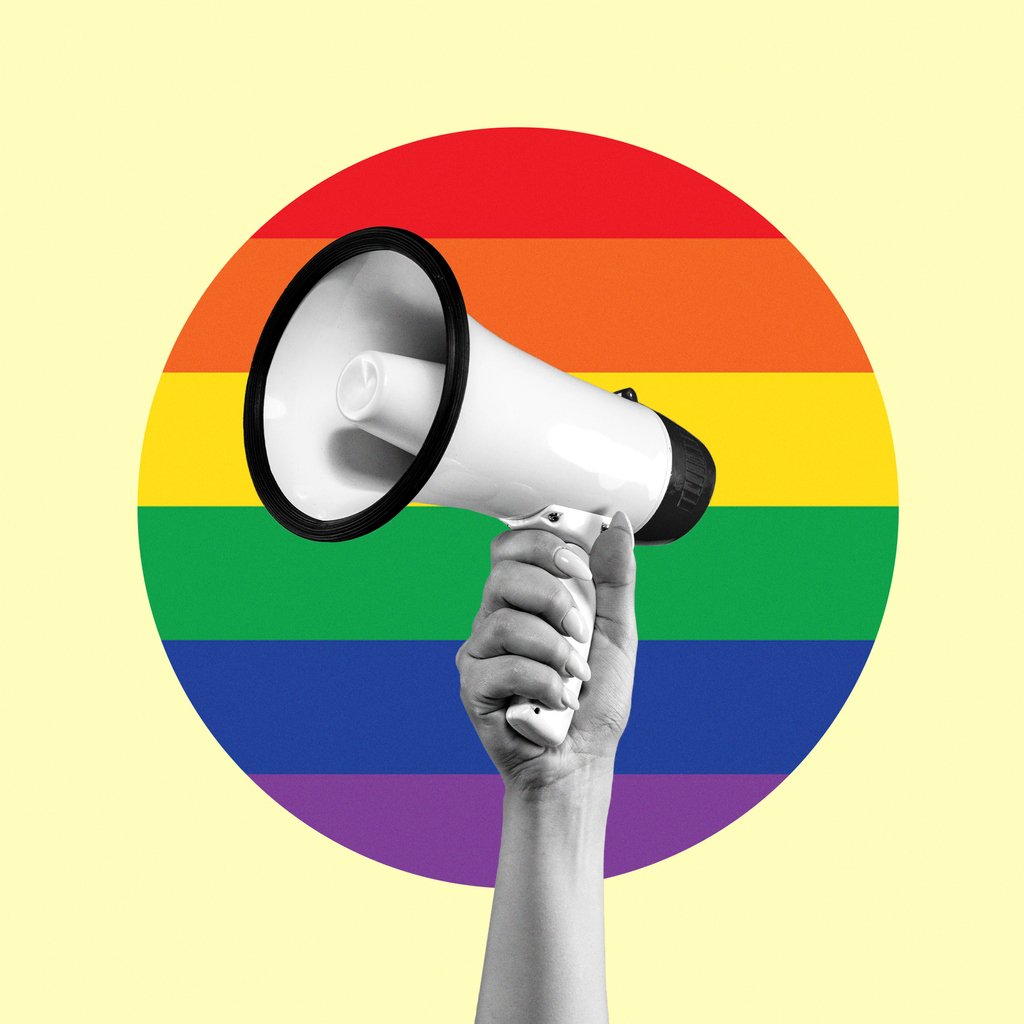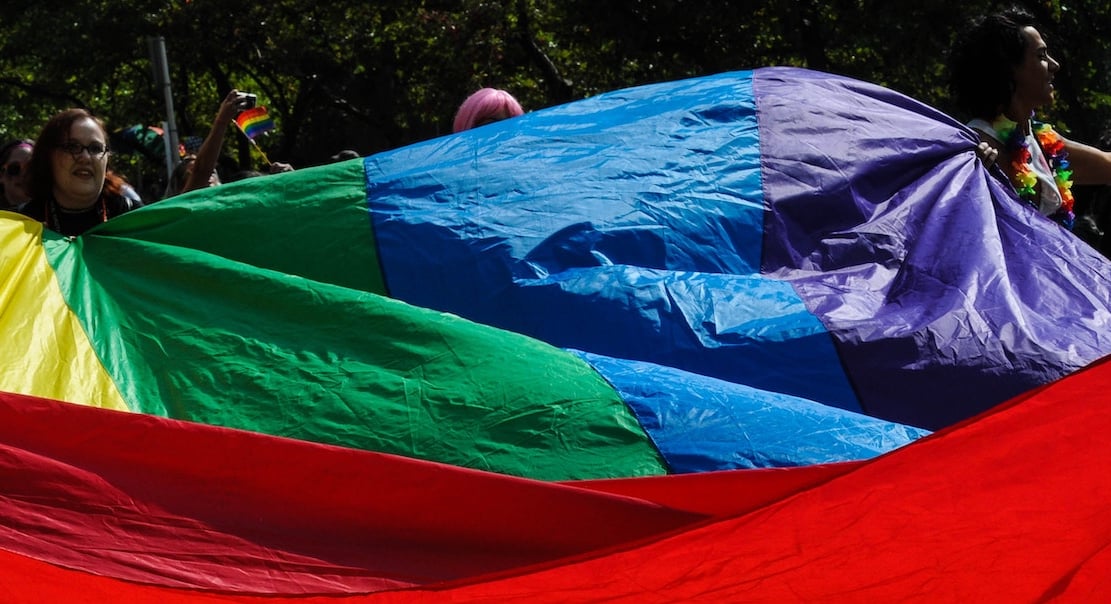In the 200+ pieces I have written during my time at Facing History, I have written only one other essay in the first person. I am writing just one more to announce that I will be leaving my role at the organization at the end of July and that this will be my last essay as a primary author of content on this platform. As I have approached this transition, I have been sitting with the many lessons I have learned during my 3.5 years at the organization, both through my engagement with Facing History’s curricular offerings and with our global network of staff and collaborators. Chief among these lessons revolves around the perennial question of what it means to live deliberately. Prior to my arrival at Facing History, the organization highlighted the influence that one of my favorite historical figures—transcendentalist philosopher and naturalist Henry David Thoreau—had on the civil rights movement. His life and words have pervaded my thoughts recently as I’ve reflected upon the work of Facing History and my professional journey within and beyond the organization.
While summer is an important time for many teachers to take a break from the rigors of the school year, the summer often introduces its own unique demands, responsibilities, and opportunities. This month, we are sharing seven audiobooks that educators can listen to while attending to other things outside of the classroom. These audiobook titles have been released in the last year and bring important themes related to education and the unique experiences of teachers to the fore. Below is promotional text excerpted from material offered by each book’s publisher along with the reading level of each text:
Topics: Reading List
On Thursday, June 23rd, a number of Facing History staff based in New England had the rich opportunity to attend Melia Bensussen and Kirsten Greenidge’s riveting new play Common Ground Revisited at the Boston Center for the Arts. The play is a creative response to J. Anthony Lukas’ seminal book Common Ground: A Turbulent Decade in the Lives of Three American Families which delivers what is often regarded as the definitive account of the contentious period in the 1970s in which busing was used as a strategy to drive school desegregation in Boston. Bensussen and Greenidge’s play thickens the plot considerably, however, as they deconstruct the book’s contents in real time—playing, replaying, and remixing scenes from the book.
Topics: Boston, American History, Desegregation
At this time each year, people often read or re-read Frederick Douglass’ landmark 1852 speech “What to the Slave is the Fourth of July?” In it, he famously questioned the way that people of his time understood the nation’s origins, the meaning of this national holiday, and the profound absence of interracial democracy in his era. His words and oratorical skills were so powerful that his speech remains an important cultural touchstone, and has inspired the formation of annual reading groups including the Reading Frederick Douglass Together program offered across Massachusetts by Mass Humanities. But what about the larger body of work and life story that this historic speech fits into?
Topics: American History, Black History
Here at Facing History, we see awareness months as opportunities to deepen our knowledge of and attention to the histories and contemporary experiences of historically marginalized communities. However, the focus on celebrating these communities over one particular month can further marginalize the very experiences we are hoping to elevate. With this in mind, what follows is an invitation to engage with important themes raised by Pride Month this June and throughout all of the months of the year.
This month, we are sharing ten young adult (YA) titles that have been released in the last year that bring important themes in LGBTQIA+ life and history to the fore for young readers. Below is promotional text excerpted from material offered by each book’s publisher along with the reading level of each text:
Topics: LGBTQ, Reading List
“American history is longer, larger, more various, more beautiful, and more terrible than
anything anyone has ever said about it.” —James Baldwin, “A Talk to Teachers” (1963)
Over the last year, we have seen an explosion of debate within the public sphere about how to teach young people about the past. From antebellum slavery to contemporary manifestations of racism and other forms of injustice, communities remain divided on the question of whether and how to introduce these dimensions of history and contemporary life into the classroom. One way to deliver meaningful instruction in the midst of these debates is to teach about the Reconstruction Era—the period that immediately followed the Civil War in which formerly enslaved people pursued meaningful freedom and equal citizenship. This period was transformative, in part, because these newly-freed people and their allies across the U.S. South helped to make profound changes to democratic institutions. During this period, African Americans achieved significant, hard-won gains that students are seldom taught about, only to be undercut by a countervailing host of regressive measures implemented by those invested in maintaining the racial and economic status quo. This period of unprecedented possibility and hope would become a time of immense injustice and violence, and the roles that actors large and small played in those events are instructive for our times.
Topics: Reconstruction, American History, Black History
Today's educators face an important opportunity to ensure that LGBTQIA+ histories get their due in the classroom all year long. But before any educator can meaningfully embark upon that task, they must commit to their own ongoing learning about LGBTQIA+ histories. History as we understand it is in a constant state of expansion and retelling and, as a result, all history teachers gain from maintaining the mindset of the student even as they teach.
Topics: LGBTQ
Here at Facing History, we see awareness months as opportunities to deepen our knowledge of and attention to the histories and contemporary experiences of historically marginalized communities. However, the focus on celebrating these communities over one particular month can further marginalize the very experiences we are hoping to elevate. With this in mind, what follows is an invitation to engage with important themes raised by Pride Month this June and throughout all of the months of the year.
Topics: LGBTQ
Pride Month each June offers educators a reminder to center the histories and experiences of LGBTQIA+ people throughout the year. But knowing which resources may offer compelling points of entry for students is a more challenging matter. Consider this rich array of online exhibitions and primary resources from archives and historical societies to open and/or revitalize reflection in your classroom about the experiences of LGBTQIA+ people across space and time.
Topics: LGBTQ
It is Pride Month again this June and a great time for educators to ensure that LGBTQIA+ histories and experiences are centered throughout the year. Below are a number of Facing History resources that can help educators explore these themes with confidence and curiosity. These resources include on-demand webinars, exclusive expert interviews, classroom lessons, and reading lists for both adults and young people.
Topics: LGBTQ

